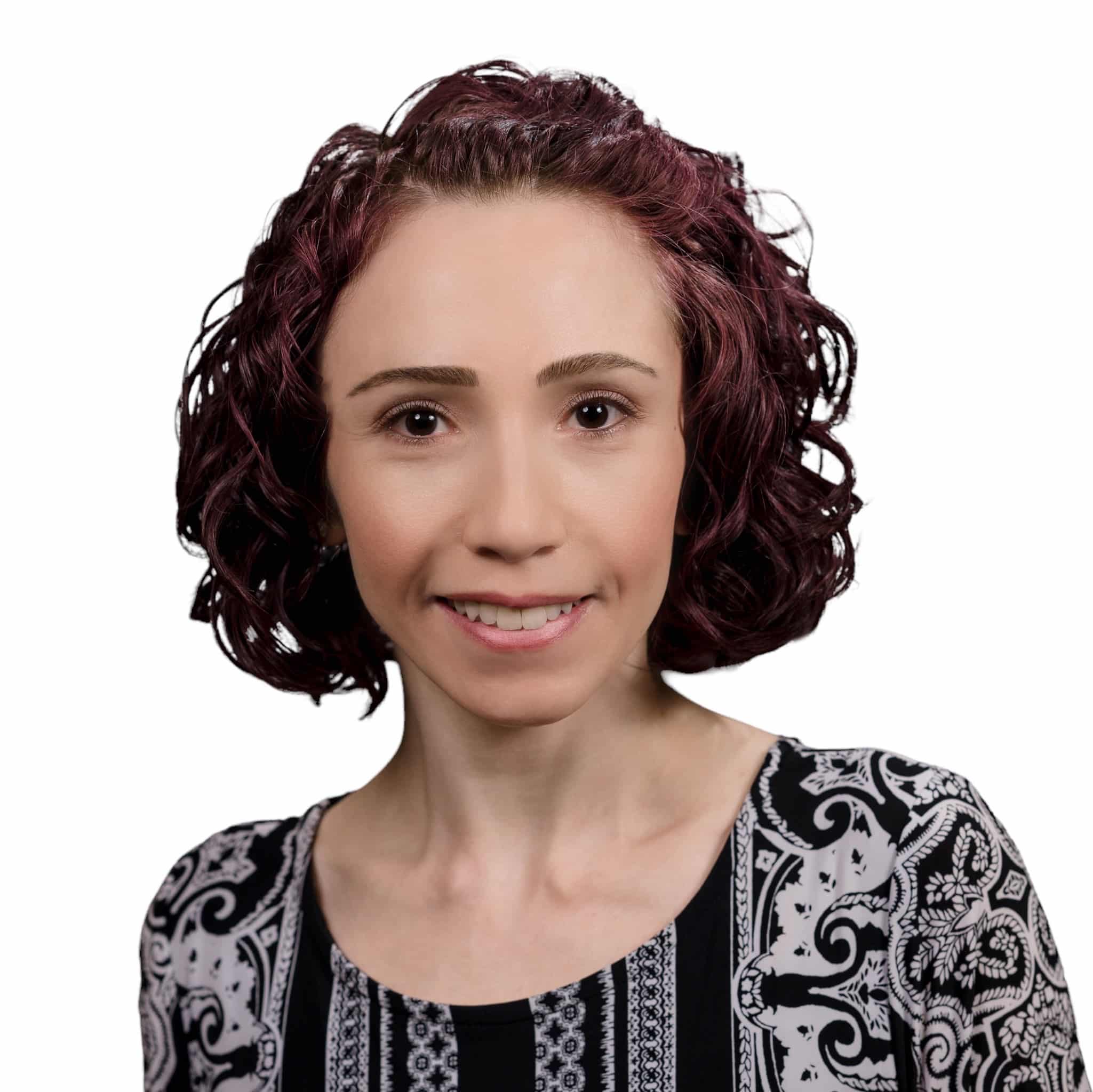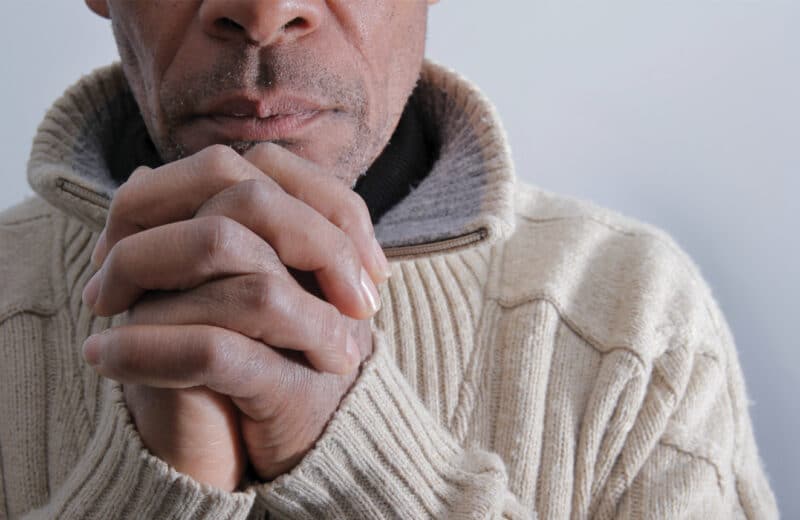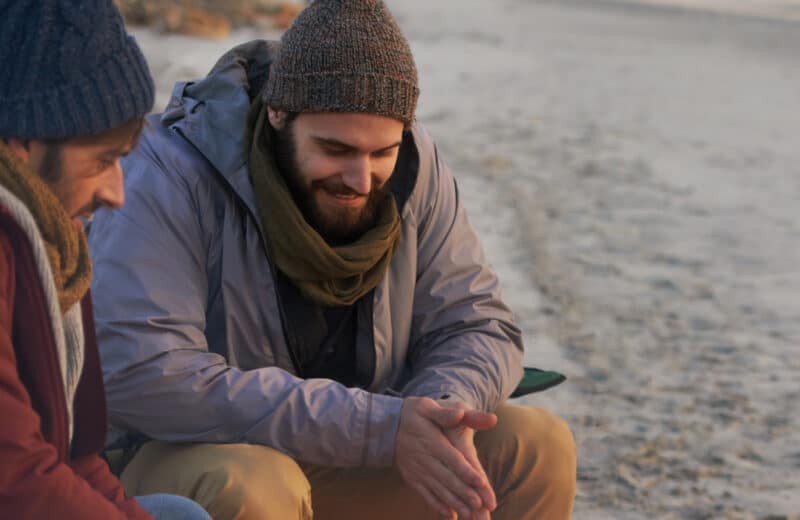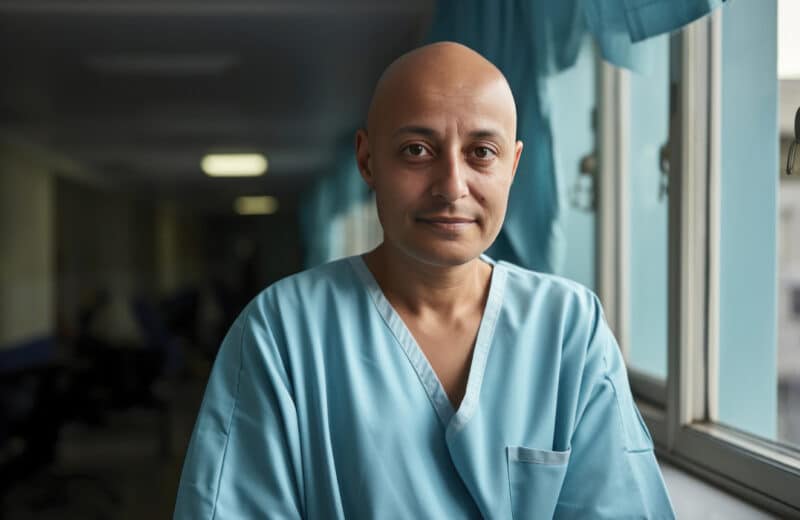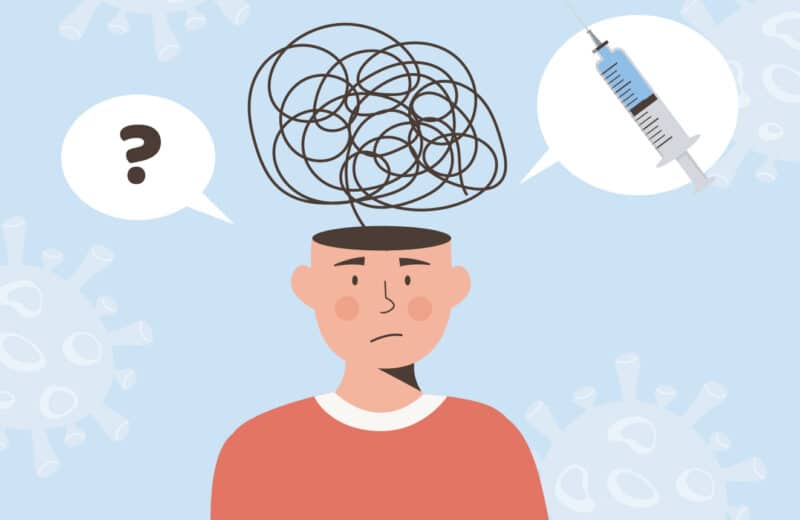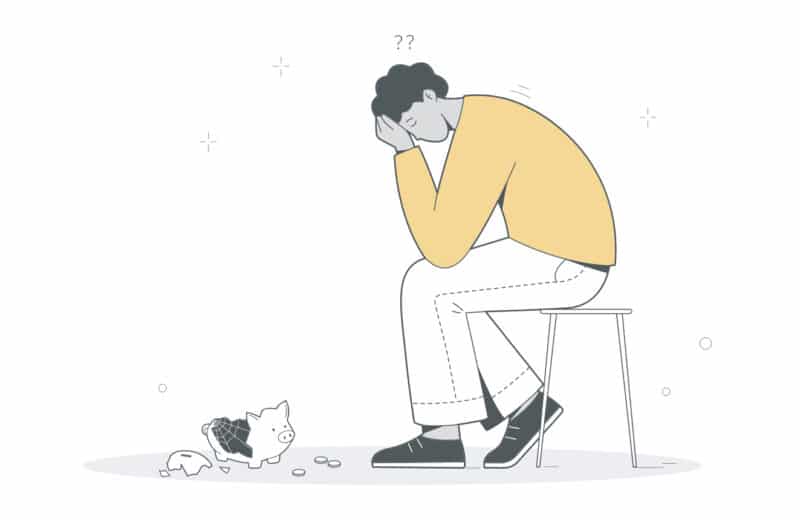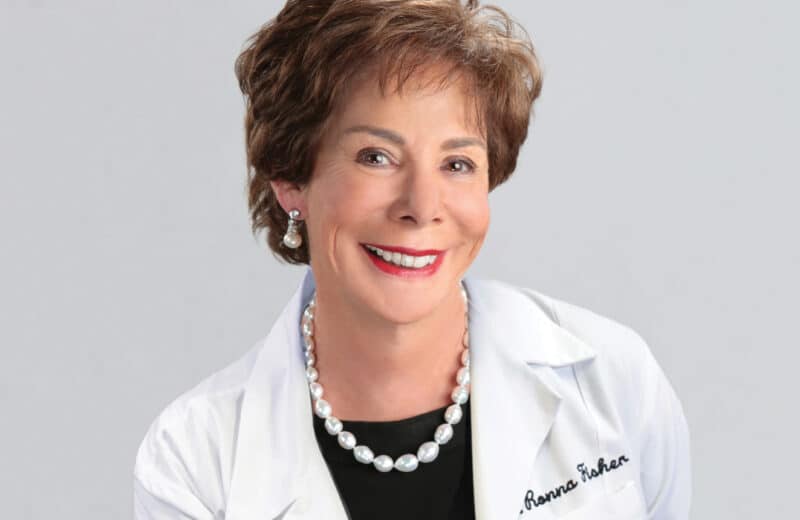Energy cannot be created or destroyed — but can energy help reduce stress? Believers of reiki think so.
Reiki (pronounced ray-key) is a complementary health approach based on an Eastern belief that energy supports the body’s innate healing abilities. During a reiki session, reiki practitioners place their hands lightly or just above a person, with the goal of directing energy to help facilitate the person’s healing response.
“Reiki is a technique for stress reduction and relaxation,” says Cindy Huston, owner of Yoga Body Elements in Chicago, where she teaches yoga and offers reiki among other complementary therapies and training. The word “reiki” means universal life energy. “Individuals who receive or offer reiki commonly describe the energy as heat, cold, a pulse, or tingling from the practitioner’s hands,” she says.
The National Center for Complementary and Integrative Health, a U.S. government agency, includes links to reiki trials and meta-analyses on its website — as well as language stating that reiki hasn’t been clearly shown to be effective for any health-related purpose. It also says that research to date has lacked in quality and consistency.
While the medical community has yet to fully embrace reiki, the practice is becoming more commonplace in clinical settings. In fact, the Northwestern Medicine Osher Center for Integrative Medicine offers reiki as one of its energy therapies. The center’s website lists proposed benefits of energy medicine as “reduction of pain, anxiety and fatigue, as well as improvement in measures of autonomic nervous system like blood pressure and heart rate.”
“Reiki focuses on the seven chakras of the body that are energy vortexes that can become sluggish, off-balance, or stopped,” says Chris Wilson, LMT, a clinical massage therapist and reiki master at the Osher Center.
“To perform reiki, the practitioner only needs the patient’s consent,” Wilson says. “Each treatment is usually framed by the individual’s complaint, hopes, or desired outcome. Since reiki can be performed with hands on, hands off, or as distance healing, it basically has no contraindications. It can be very helpful for those so sick that they cannot be touched or can only receive light touch. Also, reiki continues to work even after the treatment.”
Reiki sessions may be eligible for insurance coverage when combined with a covered treatment modality such as physical therapy, chiropractic care, or therapeutic massage, if such treatment is prescribed and administered by a licensed professional, although coverage varies depending on the insurance company. A typical session ranges from $30 to $100 in out-of-pocket costs.
Nearly eight in 10 adults say the coronavirus pandemic is a significant source of stress in their lives, according to a study conducted in August 2020 on behalf of the American Psychological Association. As we enter the second year of the pandemic, that statistic is a sobering reminder to prioritize self-care routines and other stress-relieving treatments and activities.
“Following a reiki session, the most commonly reported benefits are improved sleep patterns, a sense of calm through the whole body, pain reduction, and overall sense of well-being,” Huston says.
Dave Rasmussen, who offers reiki at his Andersonville studio The Sacred Ways, credits reiki with helping him realize the mind/body/soul connection. Calming the mind is a crucial part of reiki, he says.
“When you deeply relax your mind, good things start to happen,” he says. “Your body starts to heal again, you can let go of stress, and you can reconnect with your life’s inspirations.”
Abigail Zoe Martin, a Chicago-based photographer, has been receiving reiki treatment for five years. She initially sought it out for emotional support after a transatlantic move from London to Chicago. “I found a reiki therapist by chance and discovered it was very powerful,” she says.
She formed a deeper connection with the treatment a year later when her father was diagnosed with brain cancer and underwent reiki as part of his treatment. “It was mind blowing to see how powerful it was.”
Martin attends weekly reiki sessions, during which she reports feeling warmth and different emotions. “I feel relaxed,” she says. “I feel grounded and centered in my body.”
The following day, she reports feeling rooted, optimistic, and calm. “The benefits grow with each session,” she says. “It’s a building block. I feel more and more self-aware.”
Yet, Rasmussen says, even a single reiki session can help those seeking immediate stress relief. “Regular reiki sessions tend to help jump-start changes and give us insights about ourselves.”
After realizing the benefits of reiki, Martin completed training to be a practitioner four years ago. When her photography project was put on hold last year due to the pandemic, she started offering reiki sessions to friends and family who were upset and anxious. She now has regular clients and is working on a new photography project about holistic health and its power.
Rasmussen says that although reiki poses no dangers, people shouldn’t seek it instead of seeing a licensed doctor or therapist for physical or emotional issues. “Reiki should complement, but never replace, traditional care of medical professionals,” he says.


